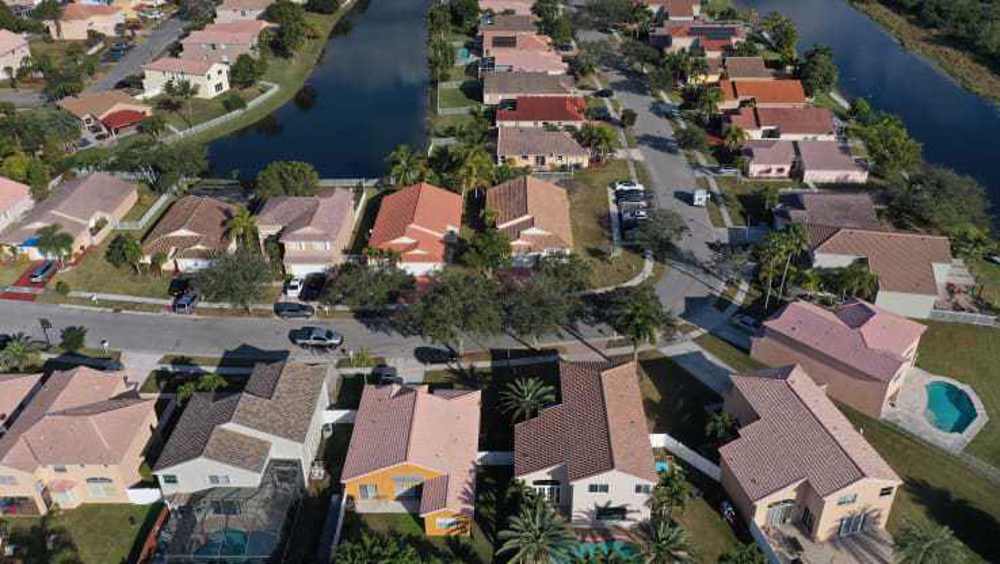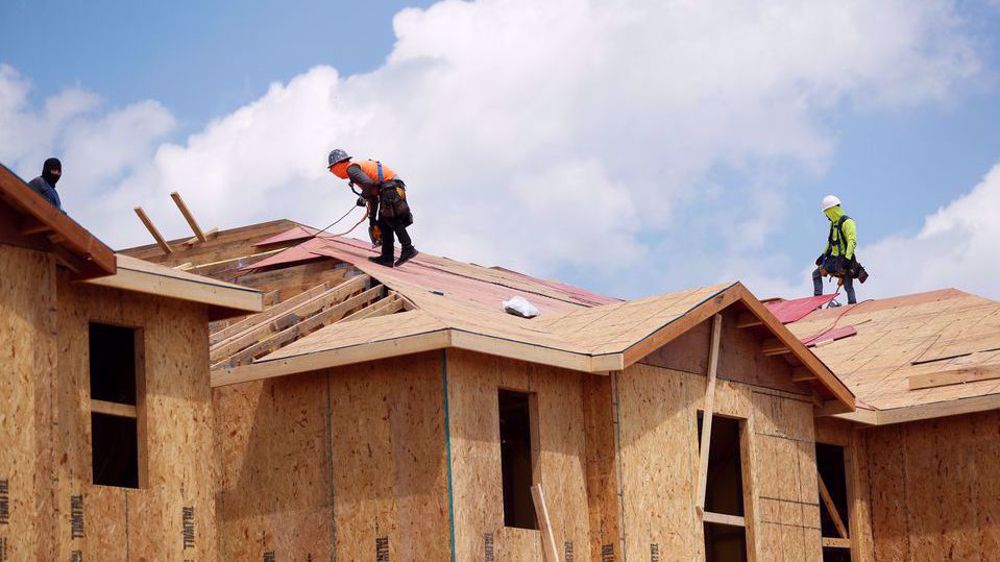US home prices surge 18.4% in October
US home prices soared again seeing double-digit growth in October, according to the S&P CoreLogic Case-Shiller National 20-city home price index.
The index surged 18.4 percent in October from the year before. The hottest markets were Phoenix which saw an increase of 32.3 percent, Tampa had a rise of 28.1 percent and Miami experienced a 25.7-percent rise. Minneapolis and Chicago posted the smallest rises, 11.5 percent each.
The housing market has been strong due to rock-bottom mortgage rates, a limited supply of homes on the market, and pent-up demand from consumers locked in 2020 by the Covid pandemic.
"In October 2021, US home prices moved substantially higher, but at a decelerating rate," said Craig J. Lazzara, managing director at S&P Dow Jones Indices.
Yet, the October reading was the fourth-highest reading in the national index’s 34 years of data. The top three were the three months prior to October.
Danielle Hale, chief economist at Realtor.com, said, “As housing costs eat up a larger share of home purchaser’s paychecks, buyers will get creative. Many will take advantage of ongoing workplace flexibility to move to the suburbs where despite home price gains, many can still find a lower price per square foot than nearby cities.″
Lazzara, however, noted it remains unclear if that shift is permanent or an aberration.
“We have previously suggested that the strength in the US housing market is being driven in part by a change in locational preferences as households react to the COVID pandemic,'' Lazzara said. “More data will be required to understand whether this demand surge represents an acceleration of purchases that would have occurred over the next several years, or reflects a more permanent secular change.''
Construction costs rose a record 12.3% year-on-year in October, according to producer price data.
The surge in housing costs is making it more difficult for some Americans to buy their first home and for some others to afford their rent, increasing demand for subsidized housing and widening the wealth gap between renters and homeowners.
The spike is also forcing more American households to live farther from their workplaces, increasing commute times, undercutting labor force participation and slowing economic growth.
VIDEO | Gaza bakery supports displaced families ahead of Ramadan Iftar
France blocks US ambassador from ministerial meetings after summons no-show
Around 20 govts. warn Israel secretly annexing West Bank
Iran pursuing broader cooperation with African nations: Pezeshkian
Israeli minister threatens to seize entire Gaza if Hamas refuses to disarm
VIDEO | Gaza teacher starts ‘Little Wings’ initiative to bring joy to kids
Spanish FM urges firmer EU stance on Gaza crisis, West Bank settlement expansion
Israel ‘serious obstacle’ to nuke-free West Asia: Iranian diplomat











 This makes it easy to access the Press TV website
This makes it easy to access the Press TV website